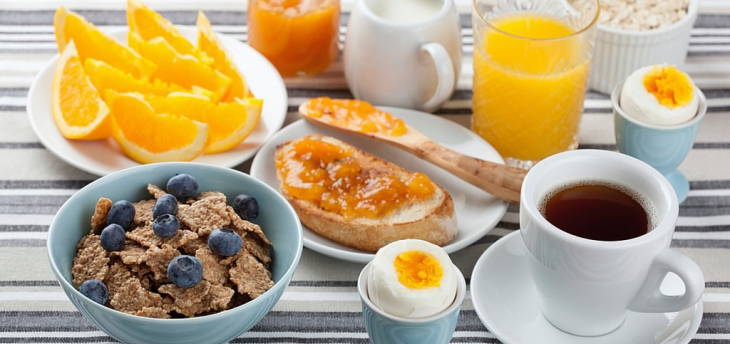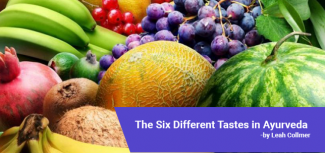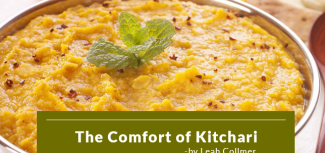
Incompatibility is the state which renders admixture of remedies unsuitable through chemical action, insolubility or formation of poisonous compounds. Anything that causes aggravation of dosha but does not expel them out of body is called viruddha. Ahara includes both foods and drugs. Some of the substances will stimulate the doshas and activate them towards pathological state. Therefore they become harmful to the body tissues and systems. These are all known as virudha dravya or ahita dravya or incompatibility in modern. They may act as slow poisoning.
The literal meaning of word Viruddha is opposite or antagonism. It sounds that the food combination of certain type of food may have –
1. Opposite properties
2. Opposite activities on the tissues
3. May exert some unwanted effect on the body when processed in a particular form
4. May exert undesirable effects, when combined in certain proportion.
According to Ayurveda, every food has its own taste (rasa), a heating or cooling energy (veerya) and a post digestive effect (vipaka). Some also possess prabhava, an unexplained effect. So while it is true that an individual’s Agni largely determines how well or poorly food is digested, food combinations are also of great importance. When two or more foods having different taste, energy and post digestive effect are combined, Agni can become over loaded, inhibiting the enzyme system and resulting in the production of toxins (ama visha). Yet these same foods, if eaten separately, might well stimulate Agni, be digested more quickly and even help to burn ama.
Example:
1. Intake of heavy food when the power of digestion is low.
2. Intake of honey and ghee in equal quantity
3. Heating the honey is also incompatible because after heating, honey becomes non homogenised glue that clogs channels and produces toxins.
4. Deep frying of potatoes can develop toxic substances, such as acrylamide, which can prove to be carcinogenic.
5. Intake of milk after eating radish, garlic, moringa olifera , tulasi etc leads to leprosy.
6. Hot water after taking honey.
7. Cold things after intake of ghee
8. Intake of sour substance with milk.
9. Banana should not be taken with milk, curd, or buttermilk because it can diminish agni (the digestive fire) and cause production of excess toxins in the body. The combination may also cause cold and cough and even produces allergies.
10. In fruit salads, sweet and sour fruits should never be combined
11. Milk and melons are of cold nature but milk is laxative and melon a diuretic, milk takes longer to digest. When both consumed together, the stomach acid required to digest melons, curdles the milk.
12. Meat of domestic, marshy and acquatic animals with honey, sesamum, jaggery, milk, blackgram, radish or germinated grains. These may lead to deafness , blindness, tremor, coldness,indistinct voice, nasal voice, death.
Intake of unpleasant food
13. Intake of substance those are not mature, over matured or putrified
14. Avoid milk and yoghurt together
Curd should not to be consumed in hot season, in hot form (kadhi, tadka in raita, curds in vegetables), without sugar, honey, ghee or amla. Curds should not be consumed in the night.
Chicken or fish should not be combined with milk, sesame, or sprouted grains as it may lead to digestive problems.
Consuming fish and milk together. Here, fish is having hot potency and milk posses cold potency . This incompatibility leads to vitiation of blood and results in obstruction to the channels
To know more about various Ayurveda nutrition offered at Greens Ayurveda right away. Call us at +91 496 2504334 now!!
Image Courtesy: http://healthyayurveda.com/tag/food-incompatibility/
 Tips To Beat Summer Heat – Ayurvedic Way By Leah Collmer
Tips To Beat Summer Heat – Ayurvedic Way By Leah Collmer
It’s summer ti...
 The Six Different Tastes in Ayurveda by Leah Collmer
The Six Different Tastes in Ayurveda by Leah Collmer
There are six tastes in ayurveda (rasas...
 The Comfort Of Kitchari By Leah Collmer
The Comfort Of Kitchari By Leah Collmer
Everyone loves c...
 The Tongue Scraper – Ayurveda’s Secret Tool by Leah Collmer
The Tongue Scraper – Ayurveda’s Secret Tool by Leah Collmer
The idea of tongue scraping might sound primitiv...